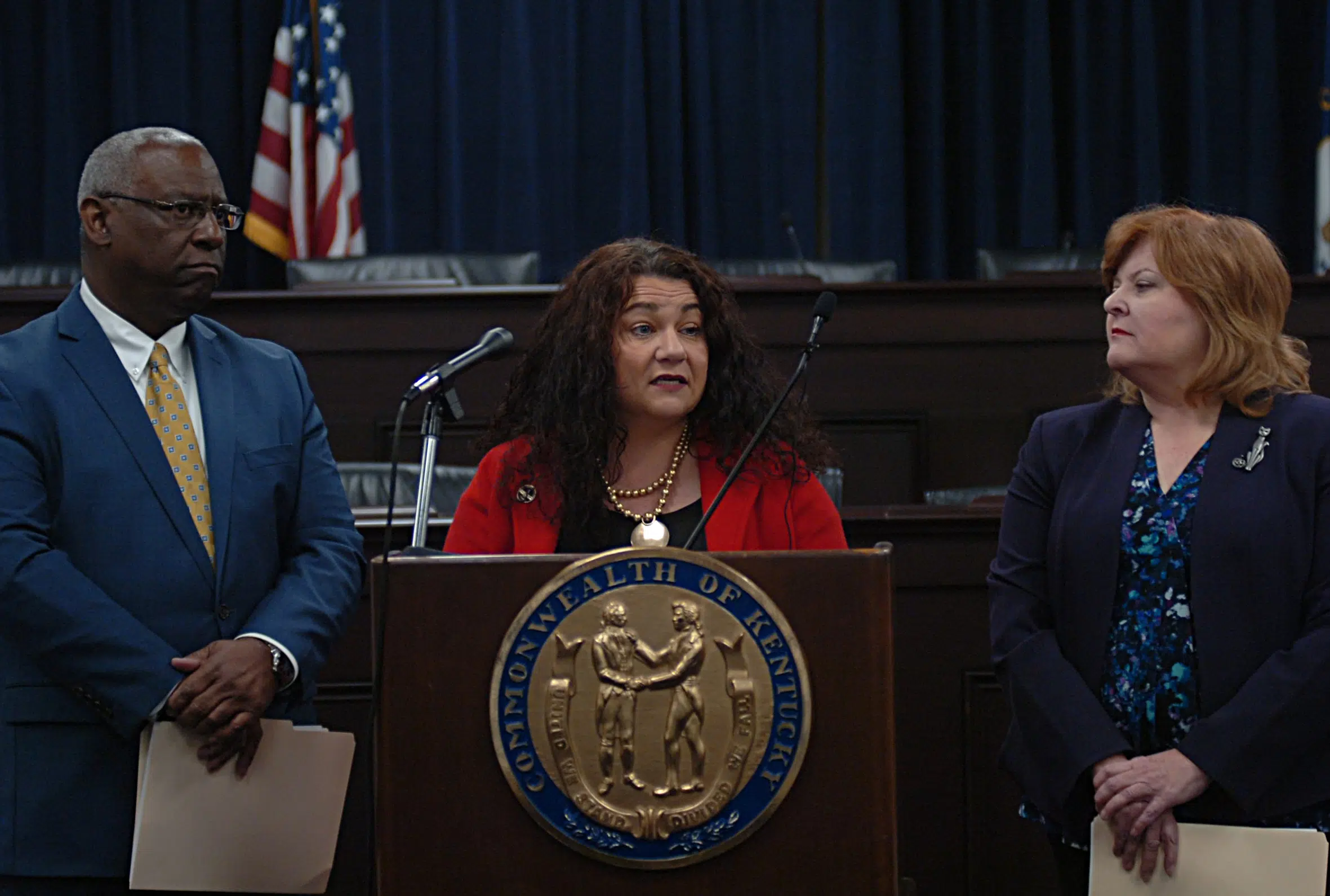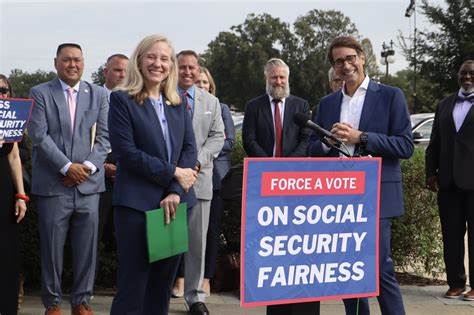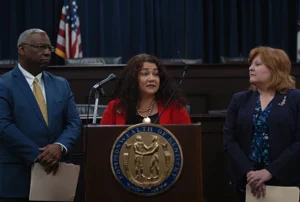Medicaid plays a pivotal role in maternal health in the United States, financing approximately 40% of all births. However, many individuals lose Medicaid coverage after the 60-day postpartum period required by federal law. This gap in coverage disproportionately affects low-income families and exacerbates racial disparities in maternal health outcomes.
In response to these challenges, the American Rescue Plan Act of 2021 introduced an option for states to extend postpartum Medicaid coverage to 12 months. This extension, initially a temporary measure, became permanent under the Consolidated Appropriations Act of 2023. The Centers for Medicare and Medicaid Services (CMS) provided detailed guidance for states to implement this option effectively, offering a pathway to enhance maternal health outcomes and provide coverage stability.
The Current State of Medicaid Postpartum Coverage
Under federal law, all states must provide pregnancy-related Medicaid coverage for up to 60 days postpartum. However, after this period, individuals may lose coverage unless they qualify under another Medicaid eligibility pathway. This issue is particularly pressing in non-expansion states, where eligibility thresholds are stricter.
The extension to 12 months postpartum is designed to address this gap, ensuring that more individuals have access to necessary medical care during a critical period for maternal and child health.
State Actions to Extend Postpartum Coverage
States have adopted different approaches to implement the 12-month postpartum Medicaid extension:
- State Plan Amendments (SPA):
States can extend postpartum coverage to 12 months through an SPA, which streamlines the approval process. Many states have already implemented this option since it became available on April 1, 2022. - Section 1115 Waivers:
Prior to the availability of SPAs, some states sought extensions through Section 1115 waivers or used state funds. These waivers allow states to test innovative approaches to Medicaid coverage. - Pending and Proposed Actions:
Some states have pending legislation or are in the process of seeking federal approval to extend postpartum coverage. These actions highlight a growing recognition of the importance of addressing postpartum health disparities.
The Importance of Extended Postpartum Coverage
Extending postpartum Medicaid coverage offers several benefits:
- Improved Maternal Health: Prolonged access to healthcare reduces the risk of complications such as postpartum depression, hypertension, and infections.
- Coverage Stability: Continuous Medicaid coverage prevents interruptions in care, enabling better health outcomes for mothers and infants.
- Addressing Racial Disparities: Black and Indigenous women face significantly higher maternal mortality rates. Extended coverage can help close these gaps by providing consistent access to care.
Challenges and Opportunities
While the extension of postpartum coverage represents a significant step forward, challenges remain:
- Implementation Variability: States differ in their approaches, leading to uneven access to extended coverage.
- Funding Considerations: Expanding Medicaid coverage requires sustained financial commitment from both state and federal governments.
- Awareness and Enrollment: Outreach efforts are crucial to ensure eligible individuals are aware of and enrolled in extended coverage programs.
Looking Ahead
The permanent extension of the 12-month postpartum Medicaid option marks a milestone in maternal health policy. As states continue to adopt this measure, tracking progress and outcomes will be essential. Advocacy groups, policymakers, and healthcare providers must work collaboratively to ensure that all eligible individuals benefit from this critical support.
By addressing postpartum health needs, the United States can make strides toward reducing maternal mortality, closing racial disparities, and improving health outcomes for mothers and babies nationwide.
Stay updated on state actions and policy changes by exploring Medicaid trackers and signing up for health policy alerts. Together, we can create a healthier future for all families.











